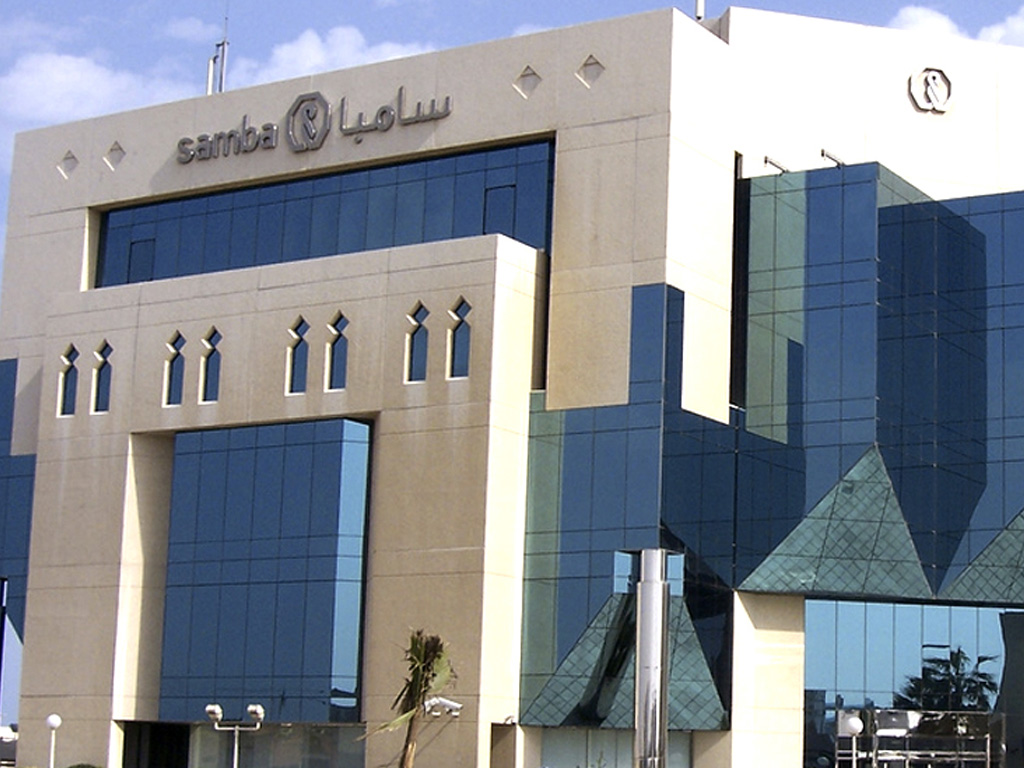Riyadh – Rania Nashar was named chief executive of Samba Financial Group on Monday, becoming the first female CEO of a listed Saudi commercial bank in line with the government’s economic and social reforms.
The group said that the appointment of Nashar reaffirms its strategy on domiciliation of top posts, focusing on future generations. Its strategy aims to develop and encourage future national employees so that they qualify for higher ranks.
Nashar is considered one of the most talented bankers and has the administrative and technical capacity to manage the Samba Financial Group in the coming period. She has an extensive experience in banking which extends for nearly 20 year, during which she has assumed a lot of leadership positions in the group.
Nashar holds a bachelor’s degree with first class honors in Computer and Technology Information Science from the national King Saud University.
The first Saudi female CEO also completed a leadership and development program from the University of Virginia Darden School of Business, and got a degree in governance and risk management and cooperation with the College of Business Administration at George Washington University.
Nashar was the first Saudi to ever get a certified specialist degree in anti-money laundering from the anti-money laundering certified Association of the United States of America. She is a board member of Samba’s global markets subsidiary and a Pakistani unit, and has nearly 20 years of experience in banking.
The kingdom’s top sovereign wealth fund, the Public Investment Fund, holds stakes in major companies and is at the center of restructuring the economy. It is hiring Saudi women to help manage its assets, sources familiar with its operations said.
Saudi Arabia’s reform plans aim to have women account for 30 percent of the workforce in coming years, up from the current 22 percent.
